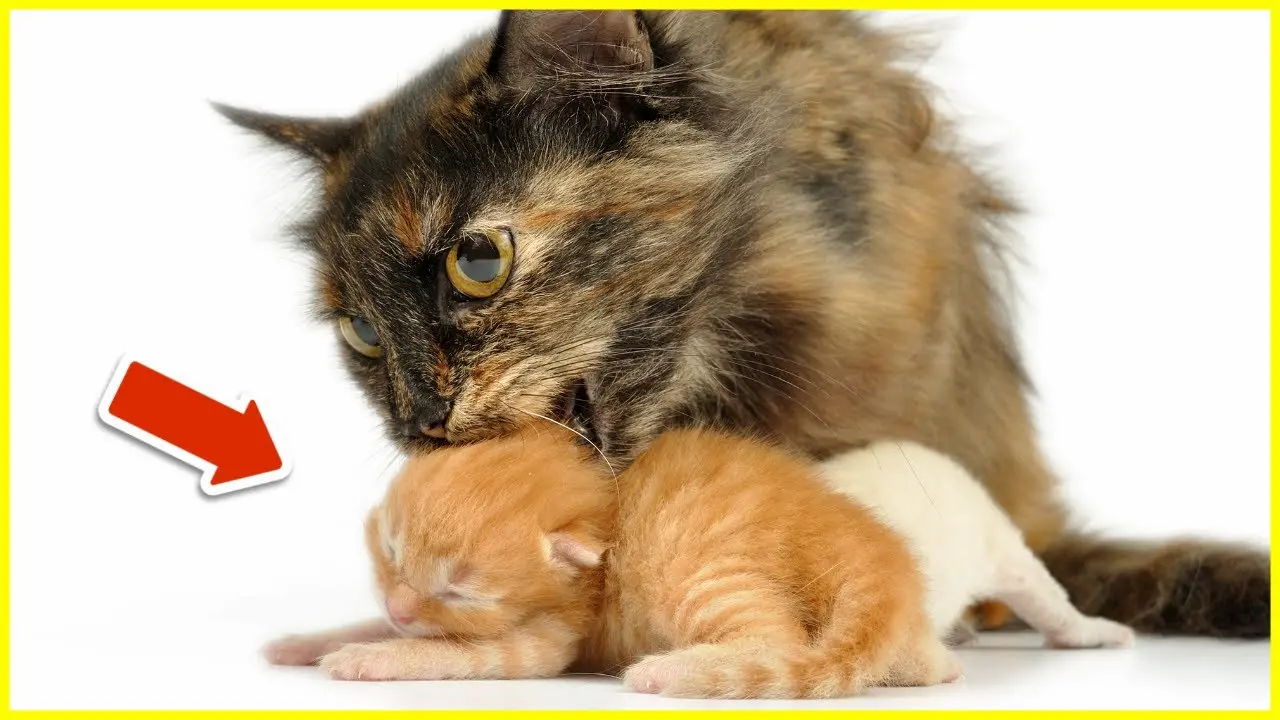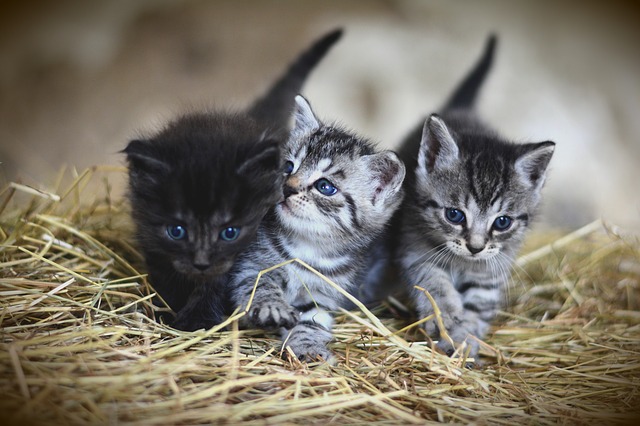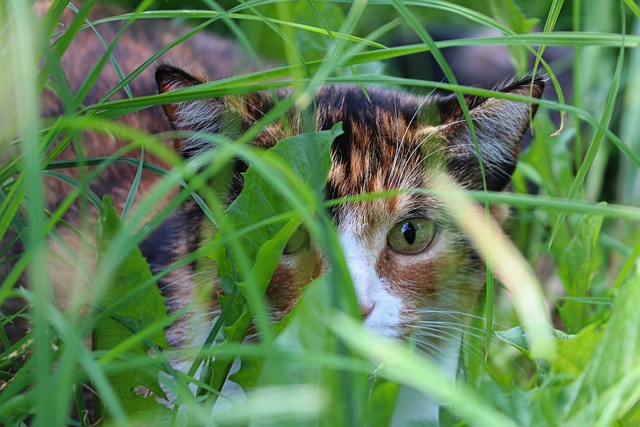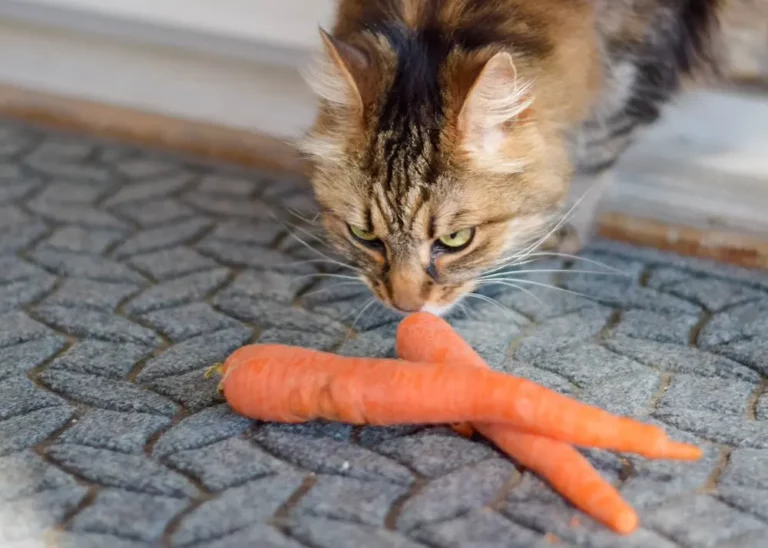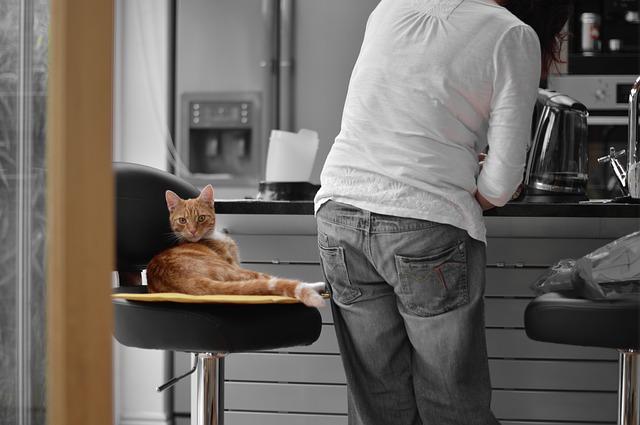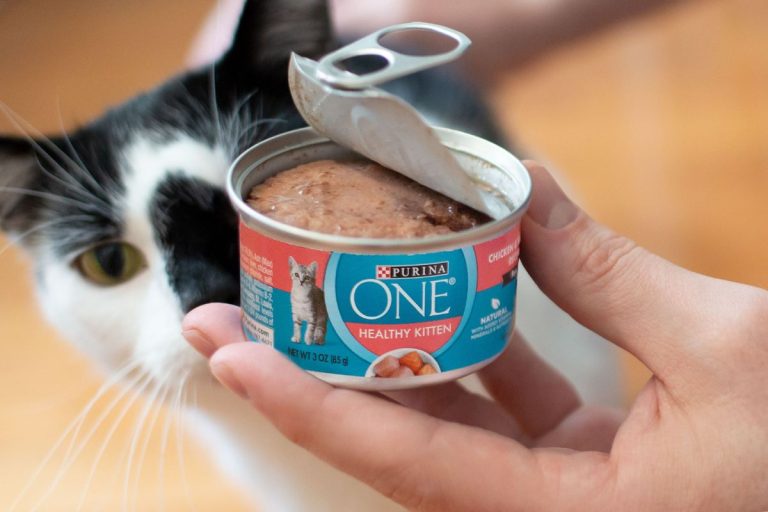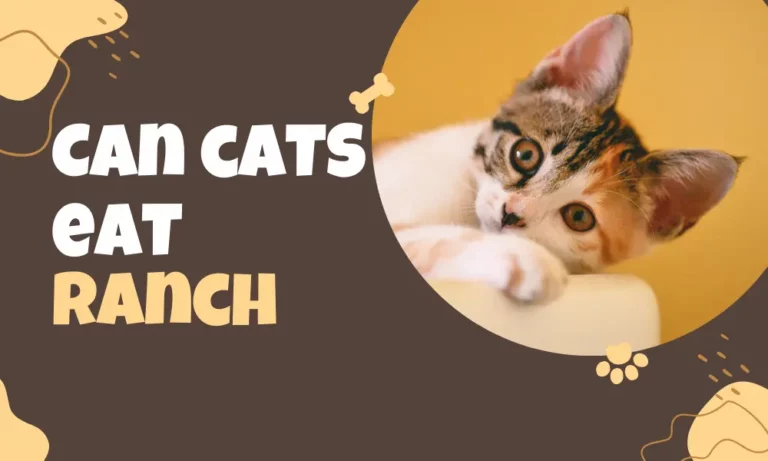THIS Is Why Cats Sometimes Eat Their BABIES!
You might think it’s unimaginable, but there are times when mother cats eat their own kittens.
This disturbing behavior often stems from a combination of stress, health issues, and environmental factors.
Stress and anxiety can overwhelm a mother
Environmental factors, such as inadequate shelter, play a significant role too.
Would you like to understand the instincts behind this behavior and how to prevent it?
Stress and Anxiety
One of the primary reasons cats might eat their babies is due to overwhelming stress and anxiety.
When a mother
This behavior is often a critical measure to protect her young from perceived threats, even if those threats aren’t real.
Stress in a mother
Loud noises, frequent handling of kittens by humans, or a lack of a quiet, safe space can also contribute to her anxiety.
It’s important to create a calm, secure environment for a mother
Additionally, a
When under stress, a domestic
Health Issues
Health complications in a mother
This can happen due to various health issues, such as infections, malnutrition, or even internal parasites.
If a
Some cats suffer from hormonal imbalances that can affect their behavior.
After giving birth, a mother
If these changes are disrupted or out of balance, it can lead to confusion and abnormal behaviors, including the unthinkable act of consuming her kittens.
In some cases, veterinary intervention might be necessary to address these imbalances.
It’s vital to monitor the health of a mother
Addressing any health issues promptly can help prevent this tragic outcome and ensure that both the mother and her kittens thrive.
Environmental Factors
Environmental stressors can greatly impact a mother
If a mother
When a mother
If a mother
Without a safe space, she may feel that her only option to ensure the survival of her line is to eat her kittens.
This behavior, though distressing, is a survival mechanism triggered by a hostile or insecure environment.
Additionally, a lack of resources, such as insufficient food and water, can exacerbate the situation.
A starving mother might consume her kittens to gain nutrients needed for her survival. Ensuring a calm, stable, and resource-rich environment is essential for preventing such extreme behaviors.
Instinctual Behaviors
Mother cats sometimes eat their babies due to deep-rooted instinctual behaviors that can be traced back to survival strategies in the wild. When a mother
In the wild, a weak kitten could attract predators or consume resources needed by healthier siblings.
This harsh behavior, though distressing to us, is a survival mechanism aimed at preserving the strongest members of the litter.
Another instinctual behavior involves environmental threats.
If a mother
For instance, in the presence of predators or other significant threats, this behavior ensures that the kittens don’t fall into the hands of those threats.
This instinct helps maintain the overall safety and future reproduction potential of the mother
Additionally, stress can trigger these behaviors.
Changes in the environment, lack of food, or even human interference can cause a mother
Conclusion
By understanding the reasons behind a mother
Guarantee she’s a quiet, safe space, proper nutrition, and regular veterinary care.
This proactive approach helps reduce the likelihood of her resorting to extreme measures. With your attentive care, you can keep both the mother
